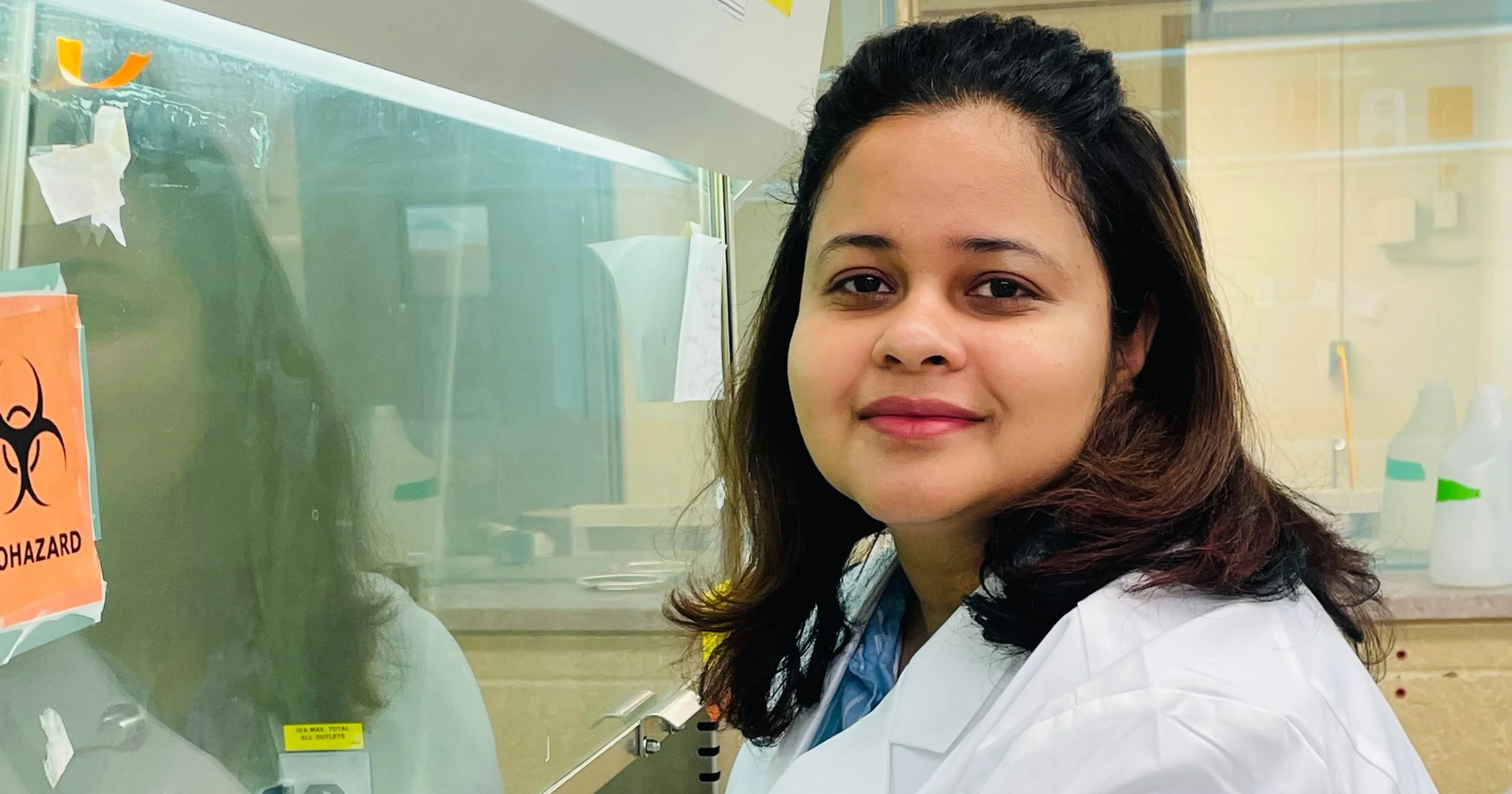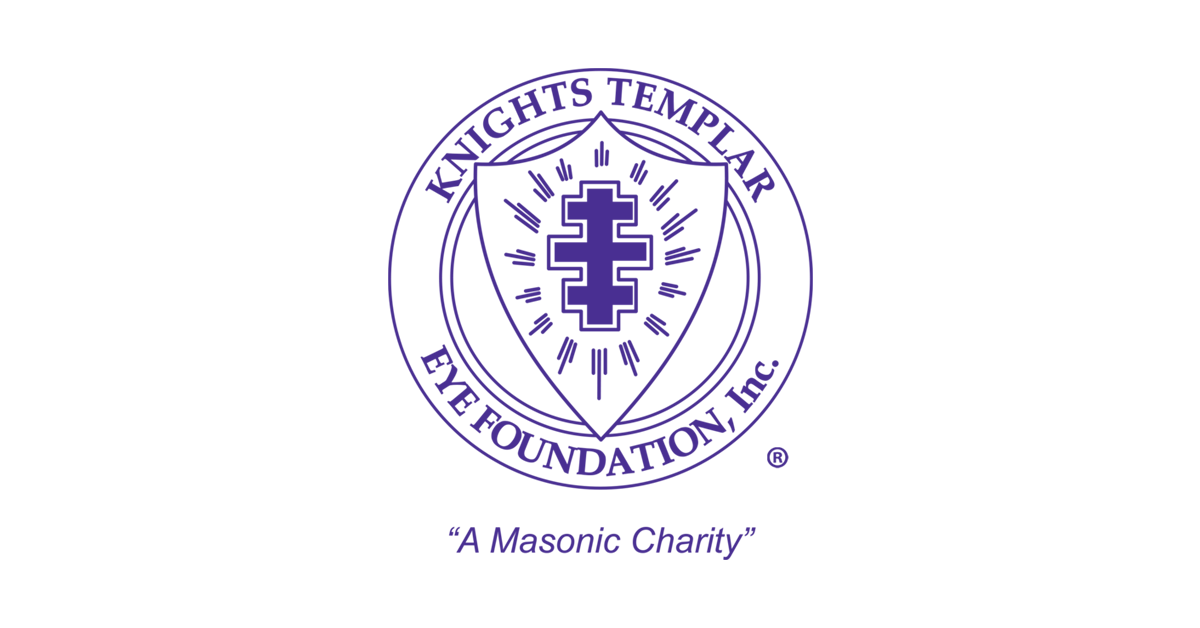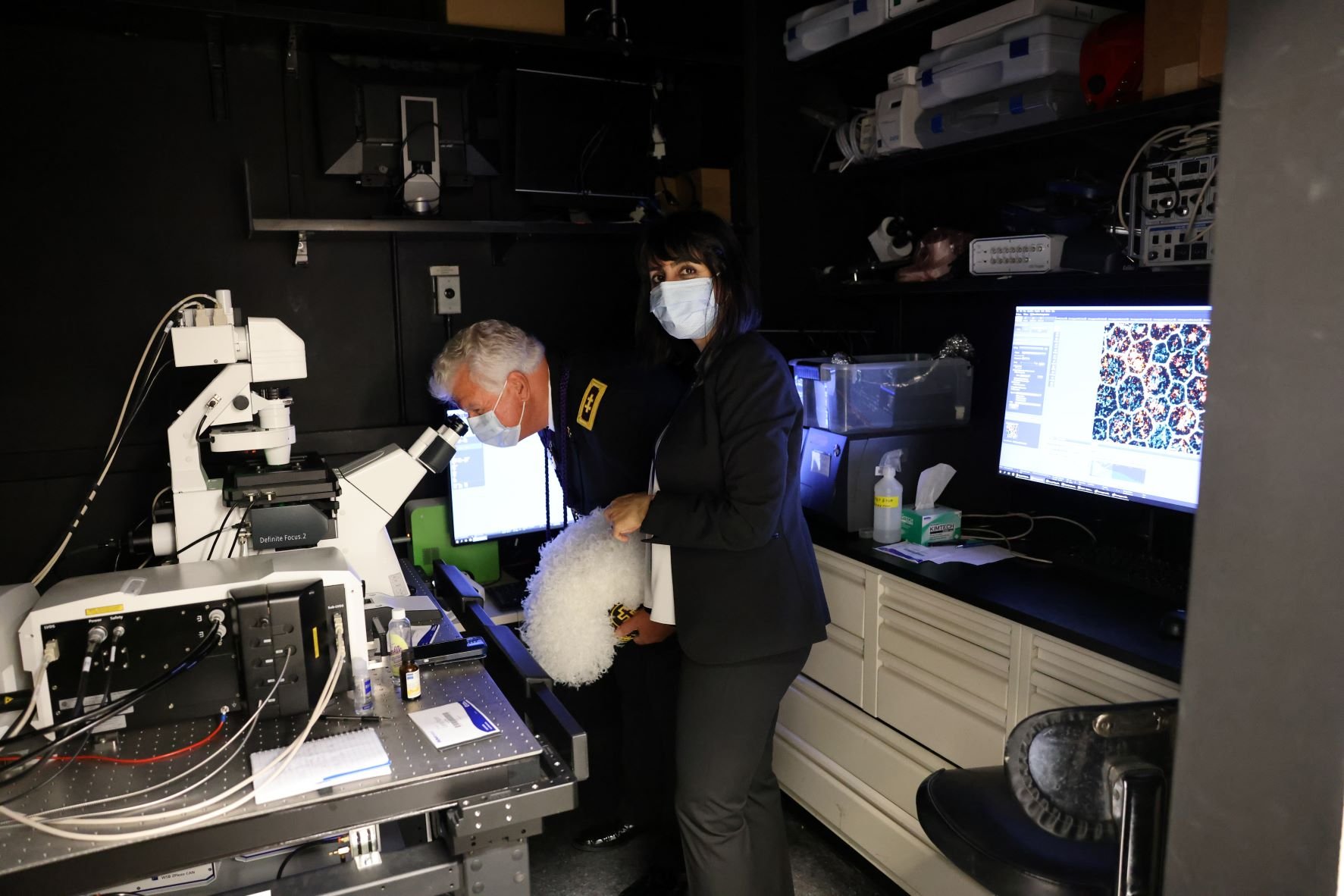He hopes to get fresh insight into the therapeutic approaches for RP and STGD by targeting three different nodes of ceramide metabolism - inhibiting two key enzymes generating ceramide and stimulating AdipoR1 ceramide-degrading activity to lower pathologically increased ceramides.
Read MoreDr. Krusnauskas will use RP1 gene as an example to evaluate the therapeutic potential of twinPE approach for treating inherited retinal degenerations.
Read MoreDr. Jalligampala hopes to refine the Wave1 dose/response curve; define the temporal window of efficacy using the optimal dose and evaluate its safety in intravitreal injections. To do so, she will quantify and compare across treated and untreated conditions how many rods and how much rod function is retained/recovered. The data will define key features of Wave1 administration, and issues relevant to its clinical use.
Read MoreJuvenile X-linked retinoschisis is an eye disease that primarily affects male children and causes them to lose vision. In this disease, the connected layers of cells in the eye responsible for forming vision are separated by abnormal, fluid-filled pockets. This is because the function of the RS1 gene is disrupted. This disease can potentially be treated by gene therapy, which involves the delivery of the RS1 gene into the eye using engineered viruses as carriers. However, sometimes, the injections can cause undesirable side effects due to the immune system. Dr. Hsu is investigating the effect of the immune system after treatment in order to better the design of this therapy.
Read MoreDr. Holubowicz is working towards delivery of a prime editor as a purified protein-RNA complex to accomplish precise and efficient repair of a blindness-causing mutant gene. His approach will facilitate the development of therapies that would restore vision after single administration.
Read MoreBy the end of this project, she will have new in vivo biomarkers for the developmental damage in the retina, which will profoundly impact broader pediatric ophthalmology. This work will represent the first vis-OCT application to pediatric diseases; and the findings of this research can be translated to human studies by using the same technology platform.
Read MoreThis will lead to improved screening, monitoring, and treatment of inflammation in children, resulting in better long-term vision outcomes and preventing vision loss.
Read MoreDr. Young aims to precisely define the rate of vessel growth in prematurity and ROP, as well as characterize microvascular changes at the edge of ROP, with the goal to provide novel avenues to predict disease.
Read MoreWe would like to recognize the Grand Commandery of Kentucky for the hard work they have done over these past few years in achieving the goal of 100% Life Sponsorship participation where all Sir Knights of their Grand Commandery have now received a Life Sponsor.
Read MoreIn this proposal Dr. Chekuri will test a novel gene editing strategy specifically in the retina. Given the speed with which AAV directed gene therapy for retinal disease is moving into the clinic, he is confident that his novel gene editing strategy will open new avenues in the treatment of FD. The studies out lined in the proposal will not only address a critical unmet medical need in FD but will also allow him to uncover the precise mechanism by which retinal ganglion cells are selectively lost in FD. Successful completion of the stated aims will certainly have implications for treating FD.
Read MoreDr. Ali’s long-term goal is to start an independent research laboratory focused on RGC survival; factors identified here will be further investigated in her laboratory as potential gene therapies to maintain RGC health in children suffering from glaucoma.
Read MoreTo my fellow Sir Knights of the Grand Encampment, I am deeply honored to be called upon once again this year to serve the Knights Templar Eye Foundation as your Chairman for the 56th Annual Voluntary Campaign. I would like to thank Sir Knight David Kussman, our Grand Master and President of the Foundation for giving me the opportunity to serve this Foundation and Templary. We owe all the Sir Knights of the Grand Encampment a sincere thank you for all the donations we received during our the 55th Annual Voluntary campaign.
Read MoreAltogether, this project aims to provide important new insights into the regulation of pathologic retinal neovascularization in ROP by pericytes and also the identification of Sema3F as a novel regulator in ROP that could be targeted in patients.
Read MoreThis work will determine whether SOCS3, which links altered inflammatory responses in stressed photoreceptor cells with neovascularization, is important for neovascular ROP. The proposed research can help understand ROP disease and lead to new disease treatments.
Read MoreStargardt disease is a rare inherited retinal degeneration, affecting 1 in 10,000 children in the U.S., with no current treatment. Our experiments seek to find drugs that can improve lipid metabolism/handling in these cells but do not interfere with their normal functioning.
Read MoreUltimately, these studies will help Dr. Soetikno develop automatic imaging algorithms and tools to improve the care of ODD in pediatric patients
Read MoreDr. Oikawa will use cutting edge techniques to study how high IOP changes the activity of the immune cells in the developing and adult visual system in glaucoma at a single cell molecular level and tissue level. These experiments will help identify potential new targets for the development of effective treatments specifically tailored for pediatric glaucoma.
Read MoreThe Association for Research in Vision and Ophthalmology (ARVO) has awarded 95 travel grants this year to help student/trainee members attend the 2023 annual meeting in New Orleans, Louisiana, thanks to a grant to the ARVO Foundation for Eye Research from the Knights Templar Eye Foundation, Inc. (KTEF)
Read MoreDr. Mulfaul will make retinal organoids which contain the cell types responsible for vision, from both the patient cells and the corrected cells, and they will use single cell RNA sequencing to identify genes and pathways that are altered in Batten disease. This will allow Dr. Mulfaul to identify targets that they can use for the generation of therapies to restore vision.
Read MoreAt the end of the review process thirty Competitive Renewal & Career Starter grants for a total of $2,699,449.00 were recommended by the SAC Committee and later approved by the KTEF officers.
Read More


















